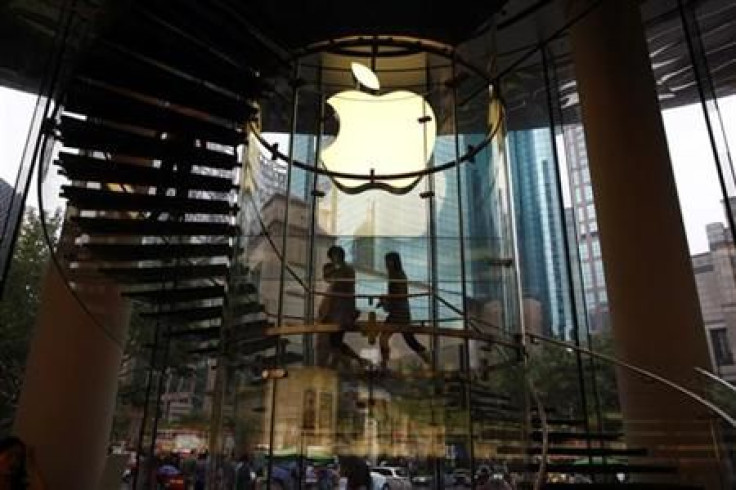Apple iPhone 5 Whips up 'Unpredecended Demand'

Anticipation is reaching a fever pitch as industry observers predict Apple's next generation smartphone -- the iPhone 5 -- will hit shelves next month.
That excitement, typically exhibited with heightened coverage in media and enthusiast blogs, was finally qualified after a survey emerged showing a majority of current iPhone owners will likely upgrade to the next version.
Mike Abramsky at RBC told clients that an estimated 66 percent of existing iPhone users were very/somewhat likely to buy the iPhone 5, characterizing what he calls unprecedented demand.
The report additionally indicated that 31 percent of the 2,200 respondents were very/somewhat likely to buy the new device, which observers have pegged for an October. release.
The results of the study forced Abramsky to increase his estimates for total iPhones shipments this year to 110 million units from the 105 million held previously.
Reports earlier in the year indicated that the new device would hit shelves in September, but the non-arrival, coupled with recent events, forced observers to push back estimates.
Last month, reports surfaced that Sprint Nextel will start selling Apple's next-generation smartphone in mid-October.
If true, the development would not only expand Apple's addressable market by as much as 40 percent, but gives insight on the timeline of the next device.
Hints also cropped up that the consumer electronics giant was entering the final phases of development, after it lost a working prototype in a San Francisco bar this summer.
Apple has been tight-lipped on the whole matter, not speaking to the press and making no mention of the device explicitly or implicitly.
For this fiscal year, Abramsky now estimates $110 billion in revenue and $28.30 in EPS, up from $108 billion and $27.63 per share.
He reiterates an Outperform rating on Apple stock and a $500 price target.
© Copyright IBTimes 2024. All rights reserved.











